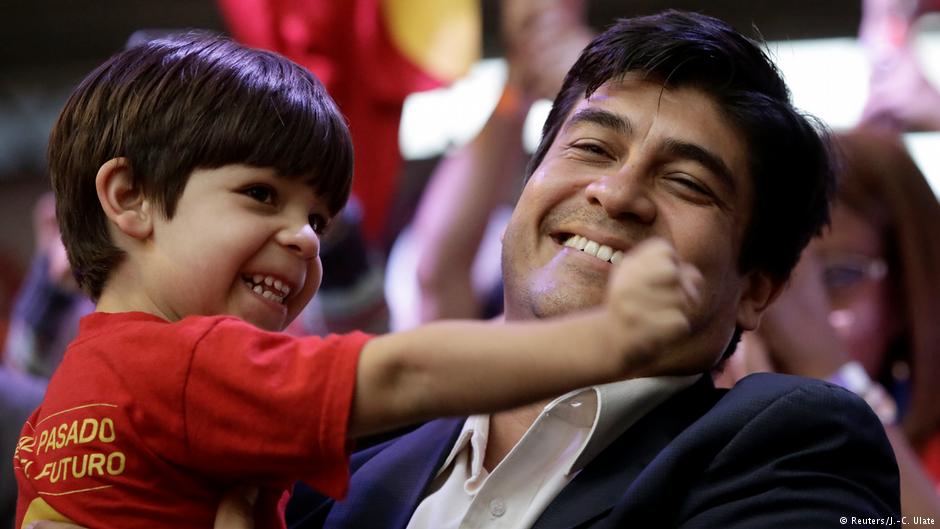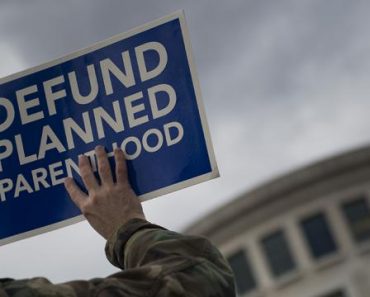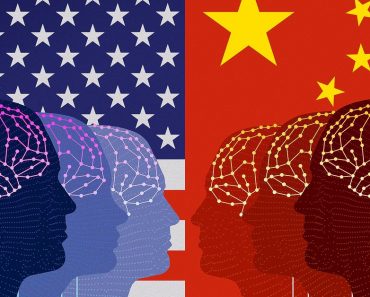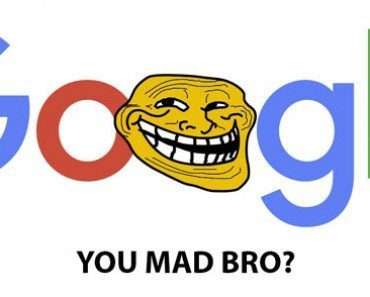
Photo: DW
The Citizens’ Action Party candidate has won a clear victory over his National Restoration Party rival, Fabricio Alvarado Munoz. The second round ballot revealed deep political divisions over gay rights.
Center-left candidate Carlos Alvarado Quesada won 61 percent of the vote in Costa Rica’s second-round presidential run-off vote on Sunday.
With nearly 91 percent of polling stations counted, the result puts Alvarado far ahead of his ultraconservative rival Fabricio Alvarado Munoz.
Who is Carlos Alvarado?
The 38-year-old is a political scientist and writer who served as labor and social security minister in the former center-left government. He was a candidate for the Citizens’ Action Party.
Munoz had promised to restrict abortion rights and defend traditional interpretations of marriage, a message that propelled him to an unexpected first-round victory in February.
On the campaign trail, Carlos Alvarado lamented the international attention the gay-pride flag-raising had provoked. He said he would have favored “more positive news, like Costa Rica beating Mexico 3-0” at soccer.
Despite deep-seated opposition to gay marriage in the religious Latin-American state, a high turnout of voters on Sunday handed victory to the center-left ruling party through Quesada. A message of social tolerance and a promise to allow same-sex marriage underpinned his campaign.
New Blood For Costa Rica
Quesada, 38, will now become the youngest president in the country’s history after winning more than 60 percent of the vote. A larger margin than expected in opinion polls before the weekend, which placed the candidates either neck-and-neck or gave Munoz the edge.
“My duty will be to unite this government,” Quesada said during his victory speech. “Go to sleep reassured because there is a result, a decision and now we’ll unite to take this country forward,” he added.
Munoz’s concession was even more dramatic. The 43-year-old sunk to his knees in front of his supporters and threw his arms up to heaven.
“We’re not sad, because we made history because our message touched the deepest fibers of society of this country,” he said. But Munoz promised to continue fighting to help ease the country’s problems, which include a rising murder rate, a growing national debt, and a hike in unemployment.
Quesada, who served as minister for labor and social security before his election, will take office in May.









